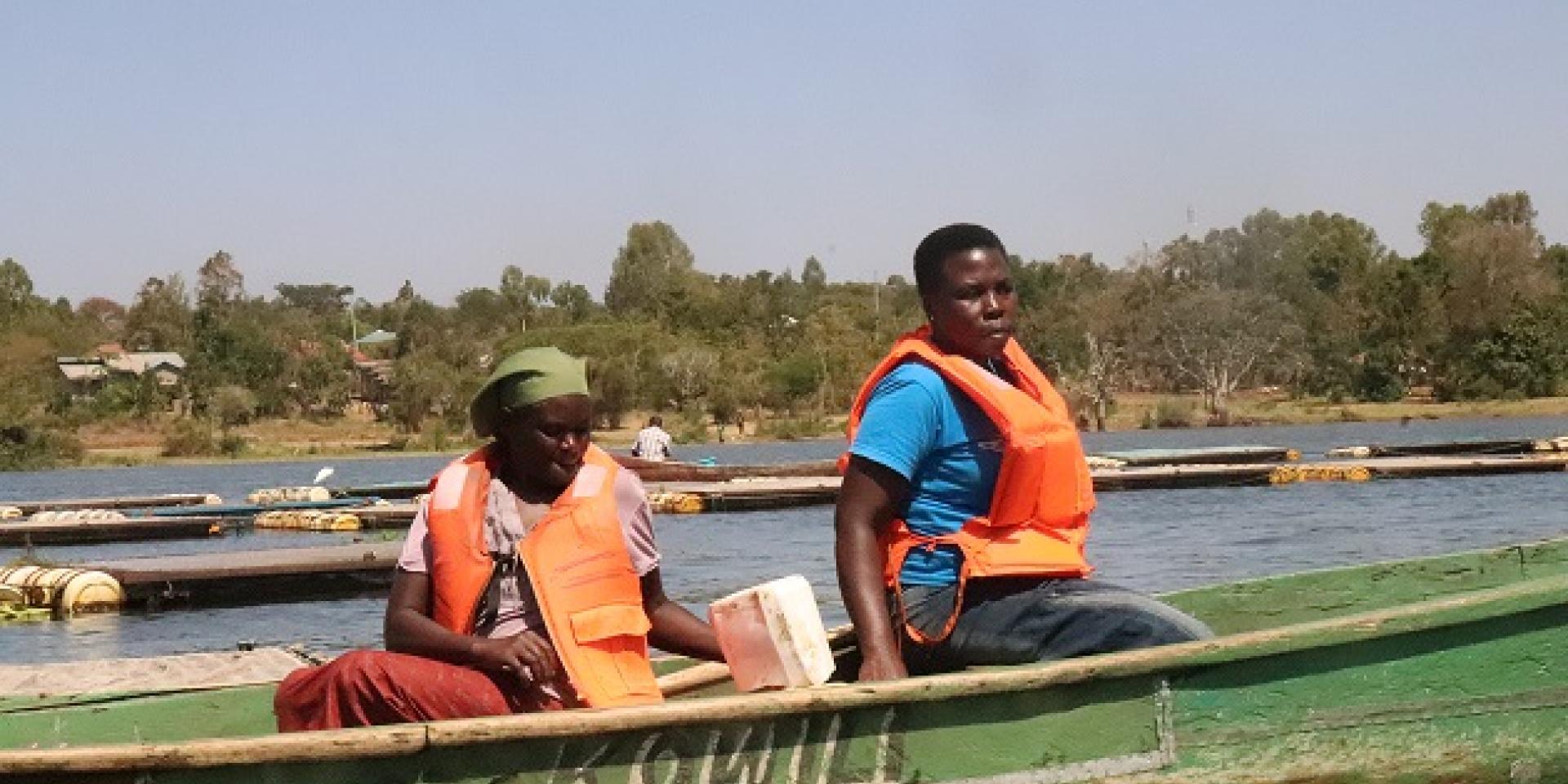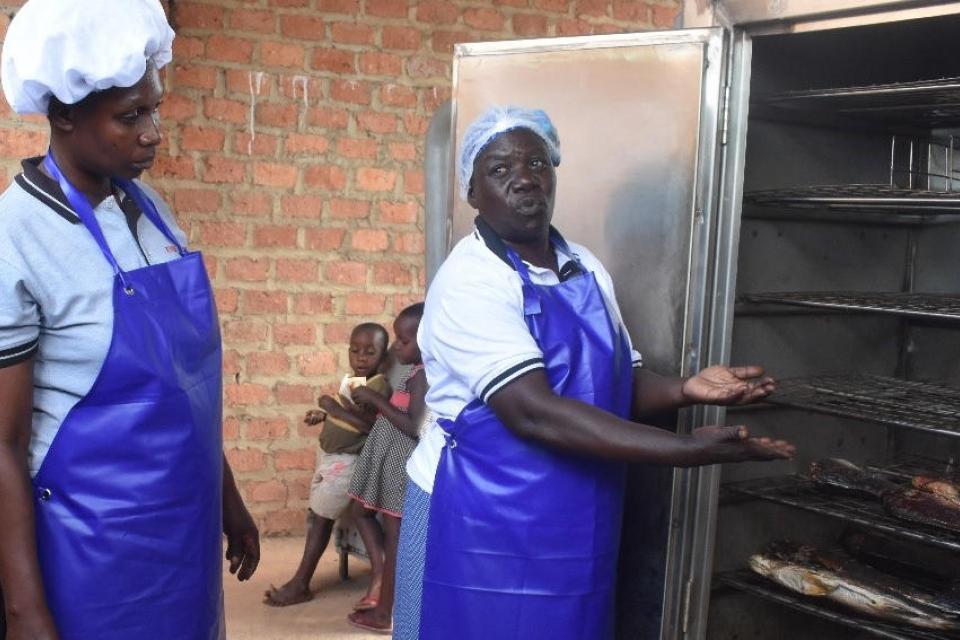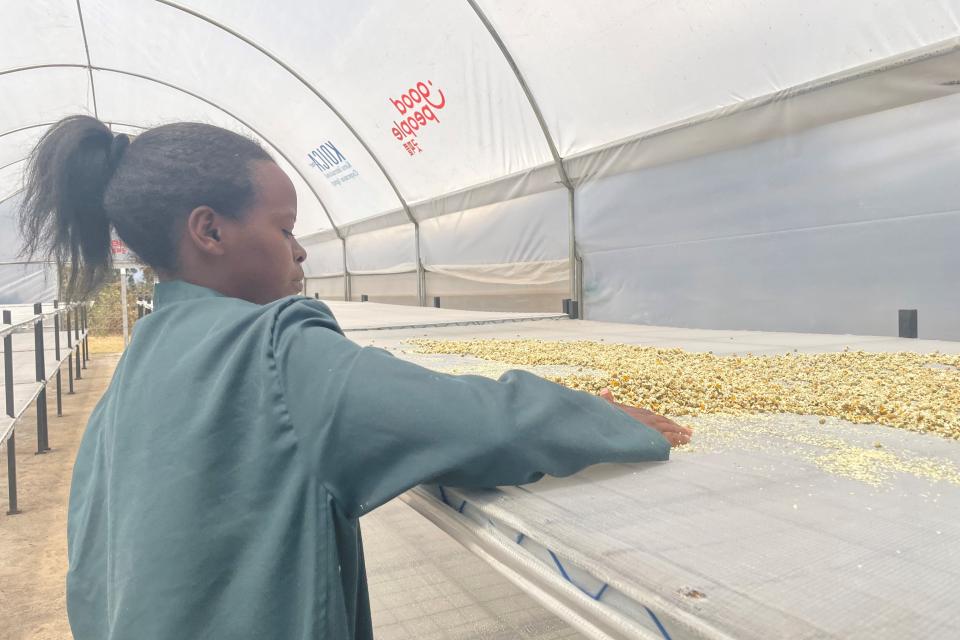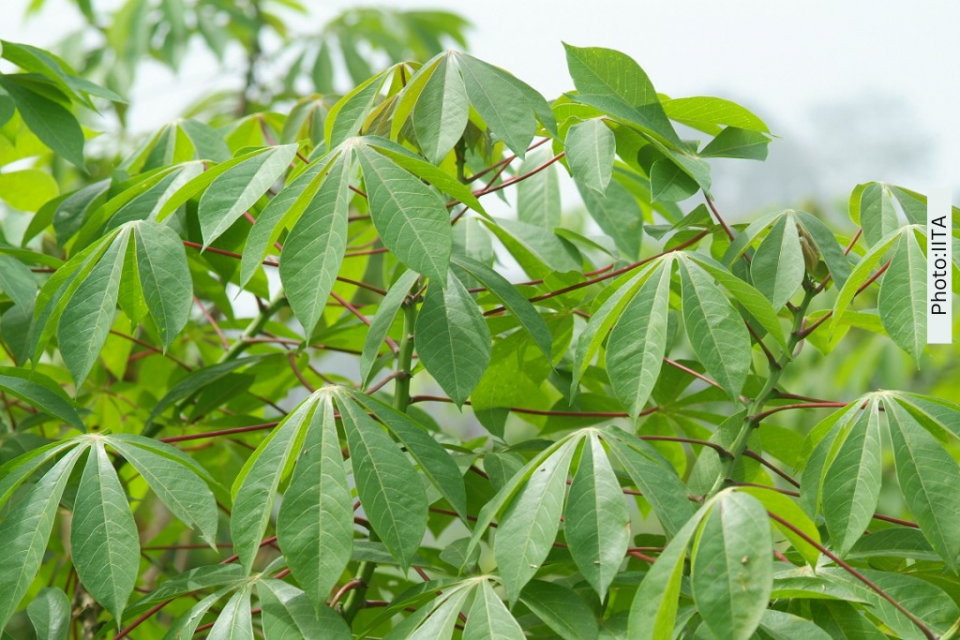Why cage technology is possible cure for sex-for-fish at beaches of Lake Victoria

In early 2023, the CGIAR GENDER Impact Platform ran a series of virtual training modules for science communicators on how to develop and pitch stories on agricultural technologies that work for women.
The story below was produced by Robert Malala and originally published by Sayansi Magazine as a result of this training. Enjoy!
Lake Victoria has been a major source of fish for most Kenyan markets, besides offering employment for thousands at its basin.
Yet fish trade has had its dark side, with women many a time forced to have sex with fishermen, locally referred to as “jaboya”, to get a fair share of the fish selling business. As a result, the fish for sex trade has been cited as a major contributor to the high HIV prevalence rates in in the Lake Basin.
“HIV/Aids began many years ago and is more rampart in this area because of the jaboya issue,” a health officer in Rangwe, Homa-Bay County, told Sayansi Magazine.
“We have fishermen who demand sex from women to sell them fish at the lake shore,” she added.
According to 2022 national statistics on HIV/Aids prevalence released by National Aids and STIs Control Programme, counties bordering Lake Victoria were leading, with Homa-Bay at 19.6 per cent, Kisumu 17.5, Siaya 15.3, Migori 13.3 and Busia 7.7. These figures surpassed the national prevalence rate at 4.8 per cent. Women were found to be leading with 5.2 per cent compared to men’s 4.5 per cent.
However, a panacea has presented itself in the name of fish cage farming. The technology has, besides tackling fish for sex trade in the region, shattered the belief that fishing is a preserve for men, and brought women to the forefront in the industry.
Traditional fishing was too heavy work for women, and there were lots of risks, including possible attacks by aquatic creatures, or arbitrary arrests and torture by Ugandan security personnel.
Kenneth Onyango, the Kisumu County Executive Committee member for Agriculture, Irrigation and Fisheries, terms the fish cage idea a reliable gender-inclusive source of livelihood.
--
Disclaimer: This story has not been reviewed by the CGIAR GENDER Impact Platform; the views expressed here are those of the author(s) and do not necessarily reflect the views of the Platform.


